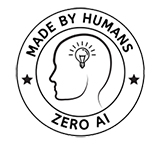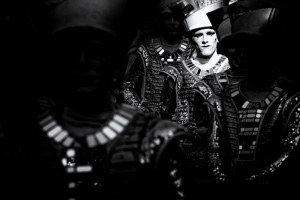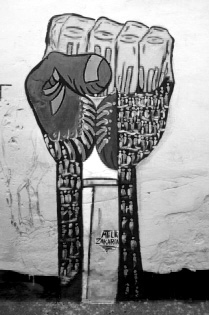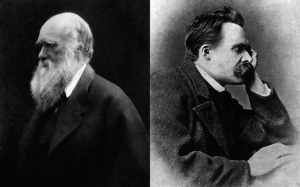Essays On Philosophy & Theology
You Cannot Count Back From Infinity: An Infinitesimal Argument Against A Past Eternal Universe
A comprehensive discussion concerning the claim, popular in both Christian and Islamic apologetics, that ‘you cannot count back from infinity’, thus negating a past eternal universe. The claim is shown to be spurious, being predicated on misrepresentations and misunderstandings of physics, philosophy and mathematics. Particularly so the latter.
Eating Ken’s Ham
A satirical, though ultimately quite serious, look at what could ensue if members of an extra-terrestrial civilisation visited Earth and encountered the kind of moral arguments expounded by Christian fundamentalists like Ken Ham.
Is God A Finite Being Or A Simulation?
A cogent argument exists that there is at least a modest probability that the universe is an artificial simulation. Furthermore, the very nature of a simulated universe suggests we may have no viable way of discerning whether this is the case or not. Whether this is the case, or is even acknowledged as plausible, however, leaves profound and unpleasant consequences for classical theology.
Opposition To Same-Sex Unions Is Mathematically Wrong
Using mathematical set theory, conservative Christian activist Andrew Schlafly speciously attempted to demonstrate that opposite-sex unions are morally superior to same-sex unions. In rebuttal, two mathematical formulae are presented demonstrating that opposition to same-sex unions has no mathematical-logical basis unless the a-priori assumption is made that one biological sex possesses a greater degree of moral and personal autonomous value than the other.
The Fictitious Influence Of Darwin On Nietzsche
Primary source historical documents show that Nietzsche neither admired nor was influenced by Darwin. This extended essay demonstrates that claims of a Darwin-Nietzsche ideological link depend heavily on misrepresenting Darwin’s scientific findings and ignoring Nietzsche’s profound misunderstandings of biological evolution.
Probabilities, Deductive Arguments And Theology Don't Add Up
In recent years there has been a rise in the number of p-inductive arguments for God’s existence (which require only that each premise in an argument has a >.5 probability of being true). This is problematic for theists for two primary reasons. First, when prior probabilities are unknown, estimates are too easily weighted by belief. Second, even in cases where premises are known to have a >.5 probability of being true, conclusions do not necessarily yield a probability >.5. Examples are given.
Desire The Horse, Depression The Cart
A comparison of the Buddhist attitude to human desires and quest for psychological permanence with those of Christianity and Islam. Buddhism, though not entirely convincing as a psychologically-based approach, appears nevertheless to be the more reasoned approach.
A Determined Critique Of Free Will Theodicy
Free will theodicies are often touted by theists as incontrovertible responses to the 'problem of evil'. This comprehensive discussion outlines numerous philosophical, logical, theological and demographic shortcomings with the notion. Finally, a review of the experimental neuroscience literature reveals no physiological or behavioural evidence for human contra-causal free will.









